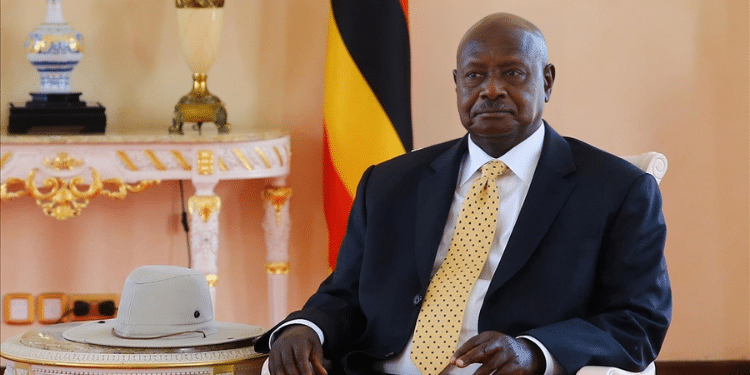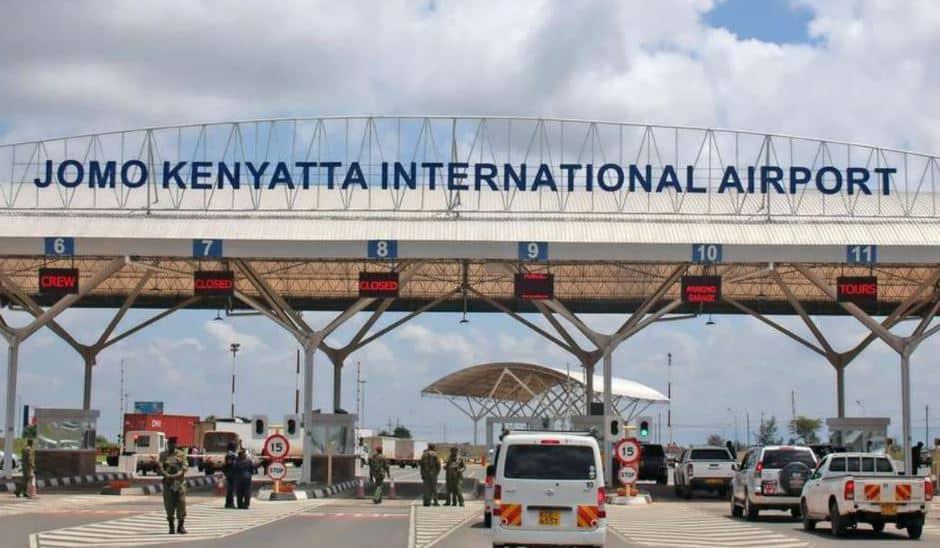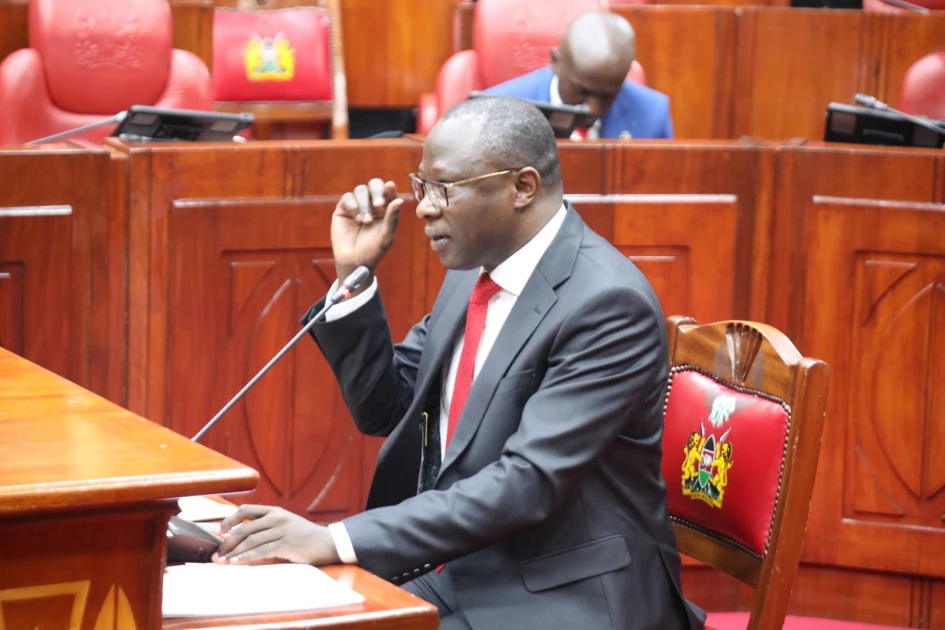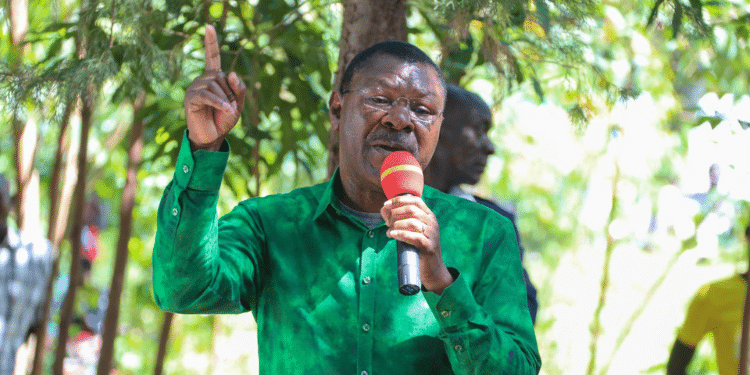Field Marshal Gideon John Okello is one of the notable African leaders whose influence cannot be easily erased on the continent due to his revolutionary ideas.
Born in Lira District, Uganda, he belonged to the Lango ethnic community, a Nilotic group which is a mixture of Iteso and Luo, with a high degree of Luo. He is infamously known for leading the Zanzibar Revolution, during which he spearheaded an uprising against the Omani Arabs who had dominated Zanzibar’s politics since the 19th century.
It was during this uprising that he self-proclaimed the title of “Field Marshal.”
Field Marshal Okello Overthrows Zanzibar’s Sultan
At the time of Okello’s revolutionary plans, Zanzibar was under monarchic rule, with Sultan Jamshid bin Abdullah at the helm. There were three main political parties in Zanzibar:
- Afro-Shirazi Party (ASP): This party represented the African majority, particularly the Shirazi and mainland African communities, advocating for African self-rule and socialist policies.
- Zanzibar Nationalist Party (ZNP): Dominated by the Arab elite and aligned with the Sultanate, this party favored maintaining Arab influence and ties with the Arab world.
- Zanzibar and Pemba People’s Party (ZPPP): A smaller party primarily representing rural Shirazi voters, it broke away from the ASP and allied with the ZNP, supporting the Sultan’s regime.
On January 12, 1964, Okello led a group of approximately 600 to 800 men, mainly composed of African labourers and ASP supporters, to overthrow Sultan Jamshid’s government.
Armed with rudimentary weapons such as spears, bows, machetes, and some stolen firearms, Okello and his army marched to Stone Town, the capital of Zanzibar, where the Sultan resided.
Also Read: Today in History: Maina Njenga’s Wife Virginia Nyakio Found Murdered Alongside Her Driver
They were able to overpower the police stationed in Stone Town and took control. Soon after, Okello took charge of Radio Zanzibar and delivered a speech at around 3 a.m., proclaiming himself “Field Marshal of Zanzibar and Pemba” and declaring the success of the revolution.
He claimed to have killed or captured “99 per cent” of the enemy, imposed a curfew and issued threats against opposition forces.
After proclaiming himself the interim leader, Okello formed a new government. He invited Sheikh Abeid Karume, the leader of the Afro-Shirazi Party, to become president and appointed Abdullrahman Muhammad Babu, the leader of the Umma Party, as Minister of External Affairs. Both leaders had previously been exiled to Dar es Salaam by the Sultan’s regime and returned to Zanzibar following Okello’s coup.
Self-proclaimed Field Marshal Betrayed by ASP Leaders
However, tensions soon arose between Okello and the Afro-Shirazi Party (ASP) leaders, especially with Abeid Amani Karume, whom he had helped bring to power. The ASP leadership criticised Okello’s erratic style of governance, with some viewing him as an outsider since he was not born in Zanzibar.
Also Read: Today in History; Mercy Keino Found Murdered at Waiyaki Way
His radical actions, including the encouragement of violence, clashed with Karume’s more pragmatic approach, leading to Okello’s marginalisation.
In March 1964, Okello was deported from Zanzibar to Tanganyika, then to Kenya, eventually returning to Uganda.
It was later reported that he disappeared in 1971, and he is widely believed to have been killed by Idi Amin’s regime due to his revolutionary reputation and perceived challenge to Amin’s authority. to challenge him.
Follow our WhatsApp Channel and X Account for real-time news updates.














































































